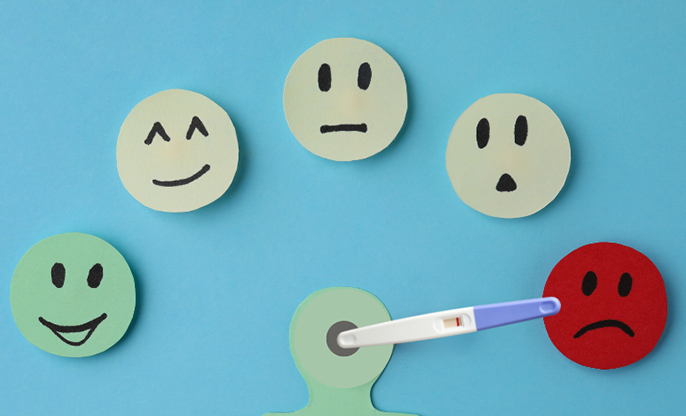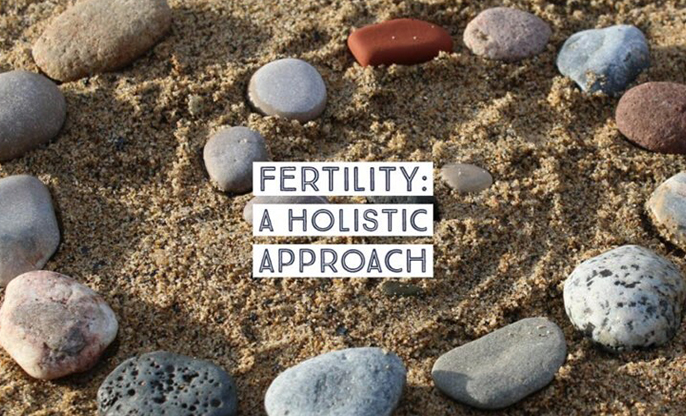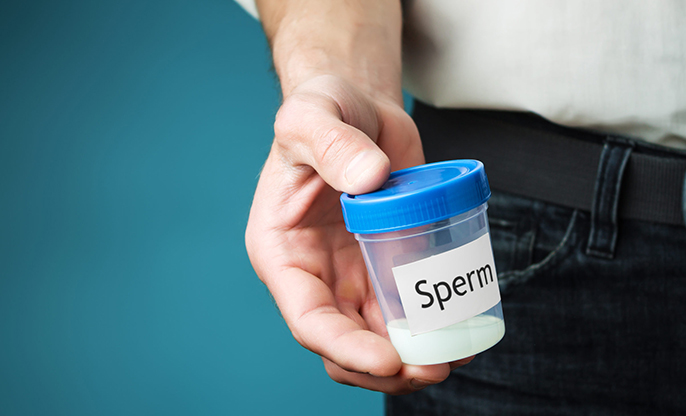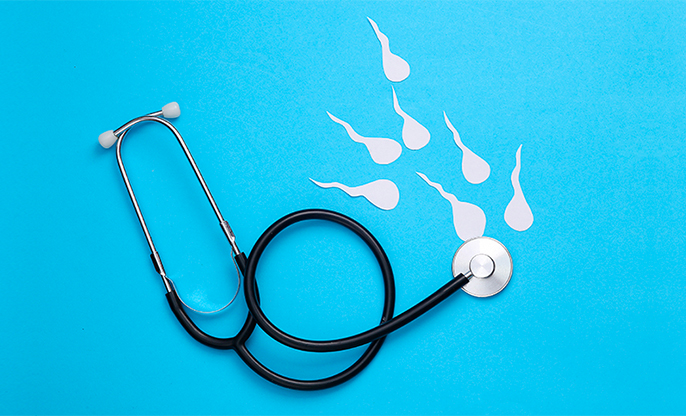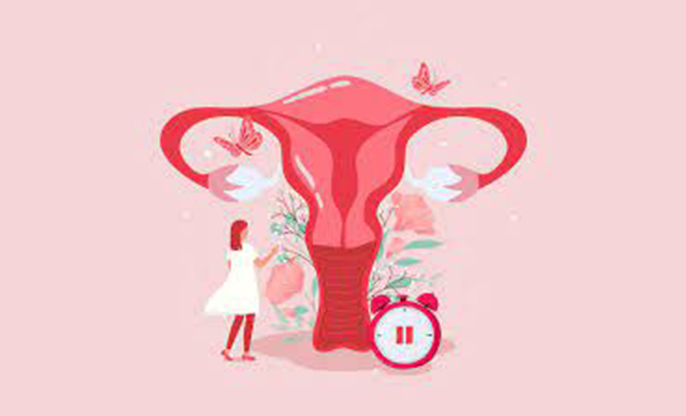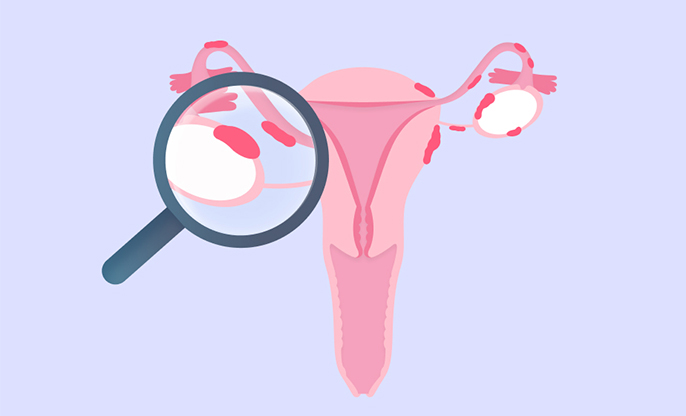
For couples aspiring to start a family, fostering optimal fertility is a fundamental step towards realizing their dreams of parenthood. While fertility is influenced by various factors, both biological and lifestyle-related, there are proactive measures that individuals and couples can take to enhance their fertility potential. Here is a comprehensive guide on how to foster optimal fertility:
1. Prioritize a Balanced Diet
A well-balanced diet rich in nutrients is vital for fertility. Ensure your meals include a variety of fruits, vegetables, whole grains, lean proteins, and healthy fats. Focus on essential nutrients like folic acid, zinc, and antioxidants, which are known to support reproductive health.
2. Maintain a Healthy Weight
Maintaining a healthy body weight is crucial for fertility. Both excess weight and being underweight can disrupt hormonal balance and impair fertility. Achieving and maintaining an ideal weight through a balanced diet and regular exercise can positively impact fertility.
3. Stay Active
Regular physical activity is not only beneficial for overall health but also for fertility. Aim for at least 30 minutes of moderate exercise most days of the week. Exercise helps regulate hormones, improves circulation, and supports a healthy body weight.
4. Manage Stress
Chronic stress can negatively affect fertility by disrupting hormonal balance. Implement stress-management techniques such as meditation, yoga, deep breathing exercises, or mindfulness practices. Reducing stress levels can significantly enhance fertility.
5. Avoid Smoking and Excessive Alcohol
Smoking and excessive alcohol consumption are detrimental to fertility for both men and women. These habits can lead to reduced sperm quality, irregular menstrual cycles, and impaired egg quality. Quitting smoking and limiting alcohol intake are crucial steps.
6. Limit Caffeine Intake
While moderate caffeine consumption is generally considered safe, excessive caffeine intake may affect fertility. Limit your daily caffeine intake and opt for decaffeinated beverages when possible.
7. Practice Safe Sex
Sexually transmitted infections (STIs) can lead to pelvic inflammatory disease (PID) in women, causing damage to the reproductive organs. Practice safe sex by using protection and getting tested for STIs regularly.
8. Monitor Your Menstrual Cycle
Understanding your menstrual cycle is essential for optimizing fertility. Track your cycle to identify the fertile window, which is the best time for conception. Numerous digital tools are available to assist with cycle tracking.
9. Get Regular Check-ups
Regular medical check-ups help identify and address underlying health conditions that may affect fertility. Discuss your fertility goals with your healthcare provider and seek guidance if needed.
10. Consider Fertility Supplements
In consultation with a healthcare provider, consider supplements that support fertility, such as folic acid, CoQ10, or prenatal vitamins. These supplements can provide essential nutrients for reproductive health.
11. Seek Fertility Evaluation:
If you've been actively trying to conceive without success for a significant period (usually one year for couples under 35, six months for those over 35), consider a fertility evaluation. This evaluation can identify any specific fertility challenges and guide appropriate interventions.


